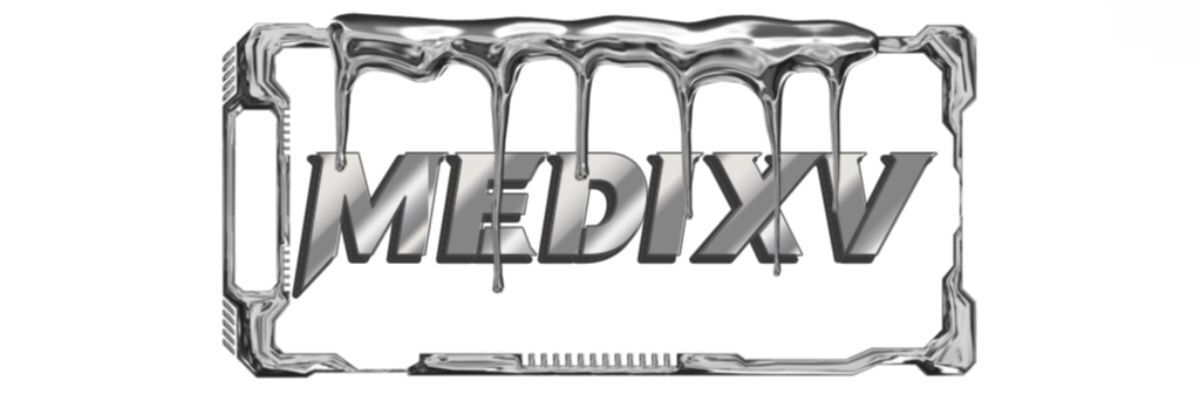MAQ Solutions vs. Traditional Treatments: Which Reigns Supreme?
When faced with treatment choices for various medical conditions, patients often find themselves comparing newer solutions with traditional methods. This article explores the differences between Methyl (R)-2-4-hydroxyphenoxy propionate (MAQ) solutions and traditional treatments.
If you are looking for more details, kindly visit Methyl (R)-2-4-hydroxyphenoxy propionate (MAQ) solutions.
What are Methyl (R)-2-4-hydroxyphenoxy propionate (MAQ) solutions?
Methyl (R)-2-4-hydroxyphenoxy propionate (MAQ) solutions are innovative treatments designed to tackle specific medical conditions effectively. Often characterized by their targeted mechanisms and minimal side effects, MAQ solutions have gained popularity in recent years. This contrasts with traditional treatments that may involve a broader approach and often come with more significant side effects.
How do MAQ solutions compare to traditional treatments?
1. Mechanism of Action
MAQ solutions function through a highly targeted mechanism, often addressing the root cause of a condition. Traditional treatments, however, may adopt a one-size-fits-all approach, which can lead to various outcomes based on individual responses.
2. Side Effects
Another key distinction is in the side effects experienced by patients. MAQ solutions tend to have fewer and less severe side effects than traditional treatments, which can sometimes lead to complications and additional health issues.
3. Efficacy
The efficacy of Methyl (R)-2-4-hydroxyphenoxy propionate (MAQ) solutions is often supported by clinical studies, demonstrating their effectiveness in managing specific conditions. Traditional treatments may be effective as well but can vary significantly among patients.
4. Administration and Convenience
MAQ solutions typically provide more flexible administration options, which can improve patient compliance. Traditional treatments might require more complex regimens, making them cumbersome for some patients.
Are there any drawbacks to MAQ solutions?
While there are many benefits to Methyl (R)-2-4-hydroxyphenoxy propionate (MAQ) solutions, they are not without drawbacks. For instance, MAQ solutions may not be as widely available as traditional treatments. Additionally, new therapies can take time to gain acceptance within the medical community, which can delay patient access.
What should patients consider when choosing between MAQ solutions and traditional treatments?
Patients should consider several factors when making this decision:
1. Consultation with Healthcare Provider
Discussing treatment options with a healthcare provider is crucial. They can provide tailored advice based on medical history and specific conditions.
2. Understanding Personal Health Goals
Patients should reflect on their health goals and what they hope to achieve with treatment. Understanding personal needs can guide the decision-making process.
3. Weighing Risks and Benefits
Evaluating the pros and cons of each treatment option, including potential side effects and expected outcomes, is essential in making an informed choice.
Conclusion
In the comparison of Methyl (R)-2-4-hydroxyphenoxy propionate (MAQ) solutions and traditional treatments, it's clear that both options have their merits and limitations. Ultimately, the choice between the two should be based on individual circumstances, medical advice, and personal preferences, ensuring the best possible health outcomes for each patient.
The company is the world’s best 2-Chloro-3-trifluoromethylpyridine exporters supplier. We are your one-stop shop for all needs. Our staff are highly-specialized and will help you find the product you need.

Comments
0